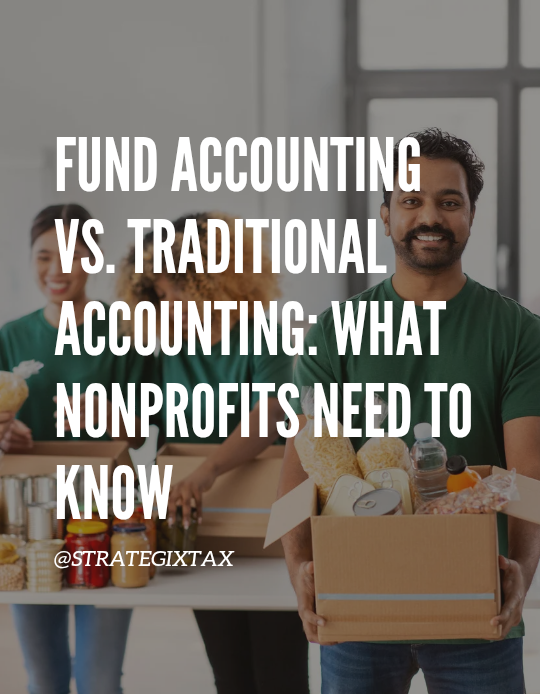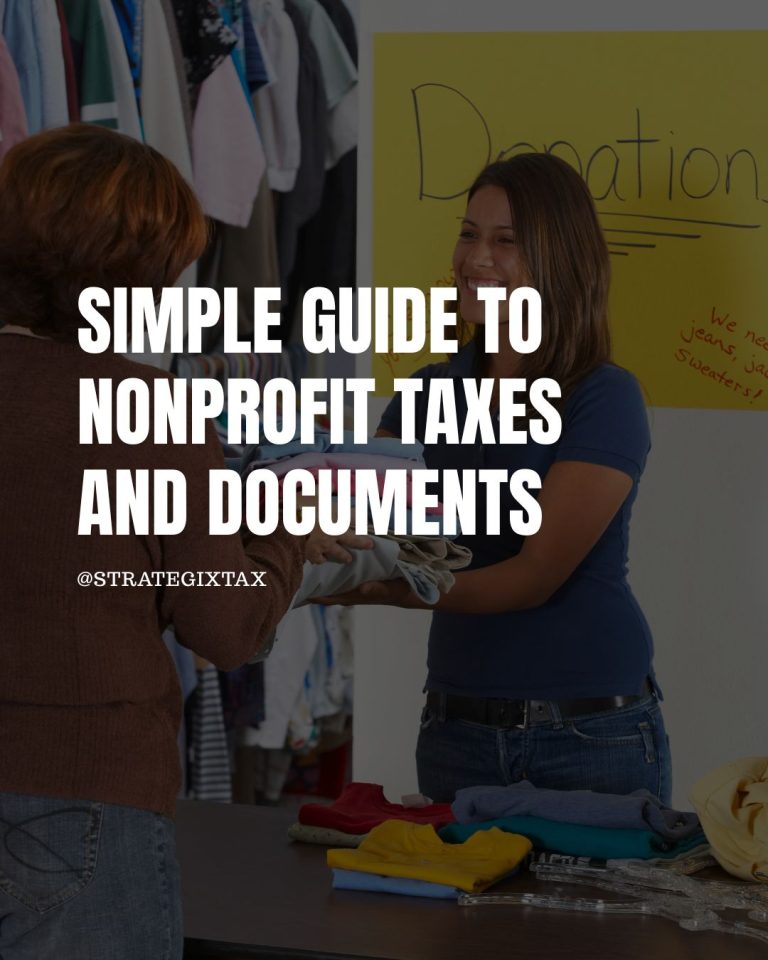Starting a business is exciting, but before you launch, you need to make it official. That means forming a business entity. Choosing the right structure impacts your taxes, liability, and how you operate day to day. Here’s what you need to know to get it right.
What Is Business Entity Formation?
Business entity formation is the process of legally establishing your company. Your entity type affects how you pay taxes, protect your personal assets, and even how you raise money. The most common entity types include:
- Sole Proprietorship – Easiest to set up, but no legal separation between you and your business.
- LLC (Limited Liability Company) – Protects personal assets and offers tax flexibility.
- Corporation (C-Corp or S-Corp) – Best for raising capital but comes with more regulations.
- Partnership – Shared responsibilities and profits, but also shared liabilities.
What Documents Are Needed?
Each entity type requires different paperwork, but here are the basics:
- Articles of Incorporation (Corporation) or Articles of Organization (LLC) – Officially registers your business with the state.
- Operating Agreement (LLC) or Bylaws (Corporation) – Outlines how your business is managed.
- EIN (Employer Identification Number) – Issued by the IRS for tax purposes.
- Business Licenses and Permits – Depending on your industry and location, you may need special licenses.
- DBA (Doing Business As) – If you’re operating under a name different from your legal business name.
Where to File and What Happens Next?
You’ll typically file formation documents with your state’s Secretary of State office. Some states allow online filing, while others require paper submissions. After filing:
- Wait for approval – Processing times vary, but you’ll receive confirmation once approved.
- Get an EIN from the IRS – Needed for taxes, hiring employees, and opening a business bank account.
- Register for state taxes – Sales tax, payroll tax, and other required filings.
- Open a business bank account – Keeps personal and business finances separate.
- Comply with ongoing requirements – Annual reports, renewals, and tax filings keep your business in good standing.
Why Hiring a CPA Makes Things Easier
Forming a business is one thing—keeping it legally compliant is another. A Certified Public Accountant (CPA) can help by:
- Advising on the best business structure for tax savings.
- Handling tax filings and avoiding costly mistakes.
- Keeping financial records organized for reporting and compliance.
- Ensuring you take advantage of deductions and credits.
- Helping you scale by planning for growth and investment opportunities.
While you can handle entity formation yourself, hiring a CPA saves time, reduces stress, and helps you avoid financial pitfalls. If you’re serious about your business, it’s an investment worth making.



